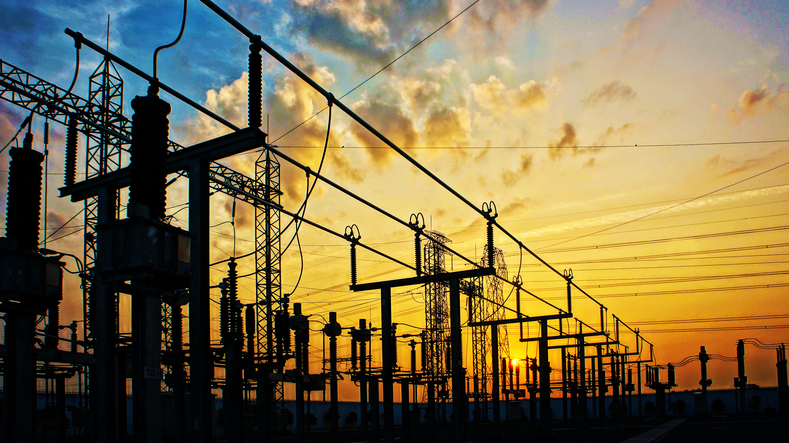Ofgem yesterday (29 June) published its draft determinations for RIIO-ED2, covering the period between 2023-2028.
The programme is to feature £20.9 billion of funding, as well as what Ofgem said would be “tough efficiency challenges” on network companies and lower returns for investors.
In response to this, SSEN Distribution said in a statement: “Ofgem’s initial determination is tough and stretching, and while it represents an increase of 18% on SSEN Distribution’s equivalent allowances in RIIO-ED1 and recognises the innovation proposed through additional Customer Value Propositions, work is required to ensure the final settlement fully reflects customer and stakeholder needs.”
SSEN said this work includes further refinement to properly allow for “the necessary delivery of improvements in infrastructure and the deployment of technologies required to reach net zero and build network resilience in the context of climate change”.
The facilitation of low carbon technologies was a focus of the draft determinations, with £2.7 billion of upfront funding to boost grid capacity to support the rollout of electric vehicles (EVs), heat pumps and the connection of more local, low carbon generation such as solar, wind and battery storage.
SSEN said it also noted the proposed allowed cost of capital, which it will continue to review against the context of prevailing market conditions.
Reimagining the networks
Meanwhile, ScottishPower Energy Networks (SPEN) CEO Frank Mitchell echoed SSEN in saying “there’s still a lot of work to do”.
He said that SPEN is reviewing the details to assess what needs to change in Ofgem’s final determination – due in December – to ensure the networks can enable net zero – with Ofgem currently consulting on the draft determinations.
Mitchell referenced SPEN’s business plan for RIIO-ED2, which alongside the other distribution network operator’s (DNOs) plans was submitted last year, stating that the draft determination follows a huge amount of work by SPEN’s teams, including engaging with over 19,000 customers and stakeholders – which helped to shape the plan.
“Those customer and stakeholder voices were clear – we must be bold as we reimagine our network, and we must deliver a plan that supports the UK’s accelerated road to net zero and creates a green recovery that stimulates more high-quality jobs. That’s what we delivered in our plan,” he said.
Both SSEN and SPEN have been vocal about previous RIIO decisions from Ofgem – notably the draft determinations for RIIO-T2, which relates to the transmission networks.
When the T-2 draft determinations were published, SSEN Transmission said it had identified £172 million of cuts to the funding available to network companies under RIIO-T2 where were calculation and methodological errors made by Ofgem, while SPEN said the determinations were “manifestly flawed”.
Ofgem later raised the funding available in its final determinations, although several months later SSEN announced its plans to appeal various aspects of RIIO-T2.
Details left to resolve
In response to today’s draft determination, Basil Scarsella, chief executive of UK Power Networks, said: “We welcome today’s draft determination which challenges us to ensure that our network is able to accommodate the transition to a net zero economy at the lowest overall cost to customers and support those most vulnerable.
“There are still a number of details to resolve, such as the design of uncertainty mechanisms and the additional investment associated with Ofgem’s proposed access and charging reforms, so that we are able to invest at a pace to match the journey to net zero that our customers and communities wish to take. We look forward to working constructively with Ofgem to finalise these details and bring our plan to fruition.”
Western Power Distribution, meanwhile, said it is working through the detail of the draft determinations, in particular the reduction in totex across each operating company.
“Against a backdrop of higher living costs for consumers, our plan set out our ambition to increase total investment levels, whilst delivering efficiencies, and keeping customer bills broadly flat in real terms, after adjusting for the move to CPIH,” it said in a statement.
“As we move towards final determinations, we will work hard with Ofgem to ensure we agree a price control that meets the outcomes our customers have asked of us, including resilient and reliable networks, as well as enabling the transition to net zero.”






